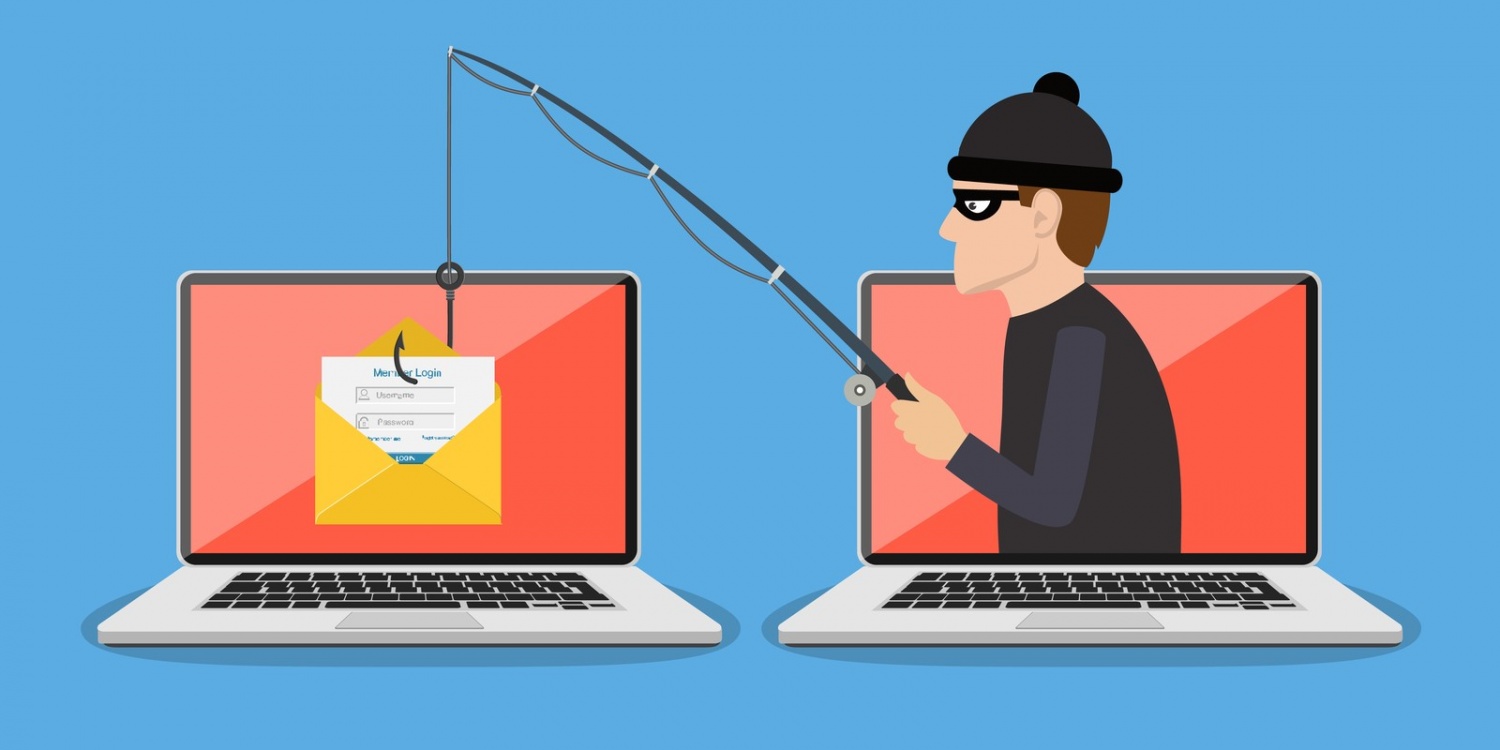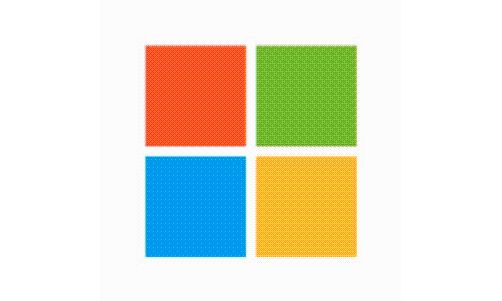The reason more transparent email services have found their way onto the internet is the unprecedented worldwide demand for more anonymity, safety, and privacy online. It is the same reason why dedicated alternative messaging and browsing products have emerged. There are a lot of factors in play; such as the rise of cybercrime, public lack of trust towards Big Tech, and large-scale data gathering by Big Data without the consent of internet users. So, the reason is a general issue with privacy and security in mainstream services and products.
The first driver in a change of public opinion versus big tech is the public trust climate. With half of the Earth's population online, until the mid-2010s user loyalty towards the technology and social networking bosses Google (Alphabet group), Facebook (now Meta), Microsoft, and Apple were steady and unshakable. Thus, trust towards all of the services and apps created by these tech companies was at a high level. Then, somewhere along the lines in the second half of the 2010s, that trust diminished greatly on a global scale. Since then, the public image of these leaders has been heavily tarnished as surveillance scandals have ramped up, cases against tech leaders have circulated in the courts and public awareness surrounding the morals and ethics of information security, privacy, and data collection practices skyrocketed.
The second reason why public trust has faltered towards tech is information security. Several of the world's worst cyber-attacks have occurred in the past few years, including incidents known as WannaCry and SolarWinds to name a few of the notable ones. As a result, millions of user accounts containing personal and confidential information have been hacked or compromised, and trillions of dollars of financial damage as a result of cybercrime has crushed the economy. Most notably, there are two enormous issues when it comes to cybercrime which is ransomware and phishing. Phishing is one of the most popular ways cybercriminals make their profit today; social engineering scams orchestrated via email.
As far as email is concerned, it can be deduced that lack of privacy and trust combined with vulnerable cybersecurity fears result in the demand for alternative, dedicated, specialized services and a trend of distancing oneself from the mainstream that Big Tech offers.
What Does Research Say About Public Trust And Phishing?
According to information from MarketingCharts, the research conducted in the U.S. clearly outlines the current public trust environment, "Between 2012 to 2017, the Tech industry was at the top of the list for trustworthy companies, but that trust has dwindled in recent years." Additionally, the research continues to show that technology takes fourth place in the 'Least Trustworthy Industries, per US Adults' after; pharmaceuticals, health insurance, and energy. In a survey of over 2,200 U.S. adults, 32% have said that technology is their least trusted industry.
Another study by Gallup stated that only one in three people trust the tech industry and over half of U.S. consumers garnered negative thinking when it comes to Big Tech companies; Facebook, Google, and Amazon. The reasons for this were outlined as; the ridiculous power these companies have, circulation of negative information, hate speech, privacy concerns, and under-regulation overall. This research is an important realization that points to the fact that the tech industry now has equivalent or greater power than the government, and notions like honesty, safety, and privacy have practically gone out the window in favor of an extremely capitalistic profit-based business model. Simply put, Big Tech has lost track of the importance of security, privacy, and most importantly the customer in the process.
What is Phishing?
As far as email phishing is concerned, data from phishing.org shows that over 100 billion phishing emails are sent out every day, and it is the leading cause of data breaches today. Phishing is a cybercrime technique massively popular among cybercriminals that aims to trick victims into clicking on malicious email links leading to spoofing websites or downloading malware-ridden attachments. Today, these processes can be automated leading to large-scale phishing campaigns that have successfully compromised users via email; stealing sensitive data and causing almost $2 million (via customized spear-phishing attacks) in damage per attack to businesses. In 2017 alone, a Gmail phishing scam targeted almost 1 billion users worldwide (evidence that phishing campaigns play on quantity over quality.)
Why Opt For a Dedicated Email Service?
It is possible to protect oneself from phishing to a large extent by using cybersecurity tools, proper password hygiene, and benefitting from alternative email services. Alternative email services have become very popular, seeing massive amounts of users flocking to them just this past year and preferring them over mainstream services. Some of these mail service products include; ProtonMail, Mailfence, Tutanota, Libremail, Thexyz, and others. Among these, ProtonMail, developed by CERN scientists, has won a large following and is currently the world's largest secure email provider.
There are several advantages of using an alternative email service over mainstream email platforms. Just like with anything else, opting for niche, specialized software products is usually a step up from the mainstream because smaller companies can better dedicate themselves to the customer. Most of the reputable alternative mail services such as those listed above offer similar features, such as;
● Strict privacy laws
● Transparent business practices
● The latest in open-source end-to-end encryption
● Cooperation with the Tor network
● Usage of self-destructing emails
● No data tracking or logging














